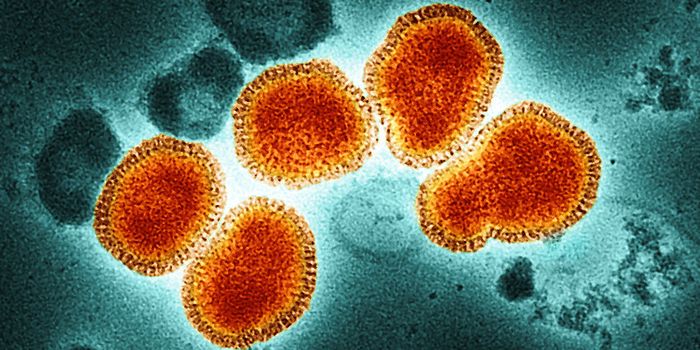Fasting Reduces Inflammation
New diets seem to come out daily as more people look to lose weight. One component of a lot of fad diets includes fasting. While in some cases fasting can be associated with diet, it is also used as a religious practice. Many different faiths practice fasting to show devotion to their deity and remind themselves of what they have. Whichever reason a person fasts, the goal is always to deprive oneself of food for an extended period of time. Interestingly, scientists are beginning to discover that regular practice of fasting could help improve long-term health. Unfortunately, until now scientists were not sure how fasting correlated to inflammation.
A recent article published in Cell Reports by Dr. Clare Byrant demonstrated that fasting can help prevent inflammation. Bryant is a professor in the Department of Medicine at the University of Cambridge and studies chronic inflammation in the context of human disease. Inflammation is known to cause long-term damage, particularly if it is consistent or chronic. Inflammation is the reaction of our bodies when coming into contact with an infection. When cells sense damage they are triggered to start the inflammatory process. Inflammasomes help regulate the initiation of inflammation. This could include cells releasing signals to activate an immune response. In particular, an inflammasome integral in the process of inflammation known as NLRP3 has been associated with many different diseases including atherosclerosis, Alzheimer’s and Parkinson’ s disease.
In many modern diets, particularly the “American” diet, scientists have found high calorie diets increase an individual’s risk of diabetes, heart disease, and obesity all linked to chronic inflammation. Many different diseases including cancer is characterized to have chronic inflammation. Bryant and her team found that fasting increases a chemical known as arachidonic acid within the bloodstream. This chemical inhibits inflammation and may give reason to additional benefits of drugs that lower blood pressure, such as aspirin. Bryant and her team studied blood samples from 21 individuals that ate a 500 kilocalorie (kcal) meal and proceeded to fast for the next 24-hours before the next meal. The calorie restriction during the 24-hour fast increased arachidonic acid, which helps store energy and transmits information to cells. Consequently, when the participants ate the second meal, arachidonic acid went down in the blood stream.
Bryant and others further investigated the effects of fasting and found that arachidonic acid lowers NLRP3 inflammasome activity. This discovery is critical to the field, because previously scientists thought that arachidonic acid was positively associated with inflammation. Understanding that the intake of food can cause an increase in inflammatory molecules can not only provide insight into diet scheduling, but also how anti-inflammatory drugs work. Additionally, this work provides mechanistic rationale for why fasting may improve long-term health.
Bryant and others for the first time describe the mechanism underlying inflammation. Their work identifies different chemicals that impact chronic diseases generation. Importantly, it was discovered that arachidonic acid lowers NLRP3 inflammasome activity where previously it was believed to help induce inflammation. Overall, this novel research provides more understanding to the mechanistic cause for inflammation, physical changes in our body when we eat, and how anti-inflammatory drugs work.
Article, Cell Reports, Clare Byrant, Department of Medicine, University of Cambridge








